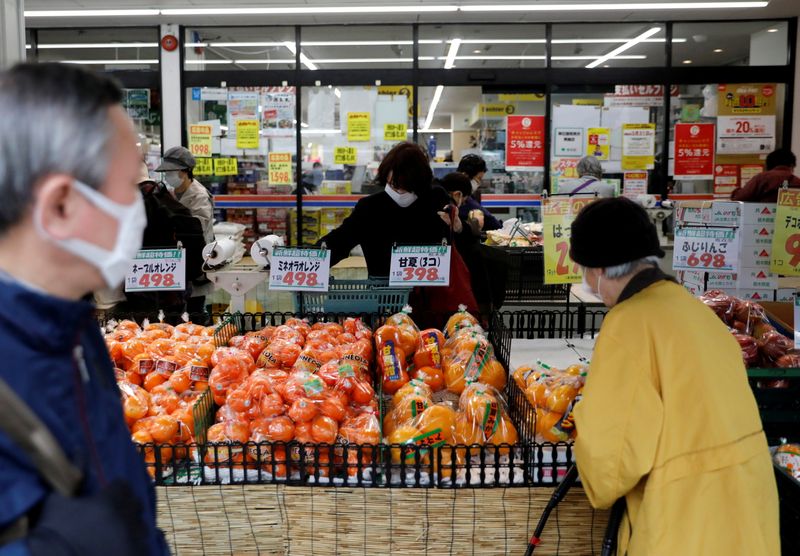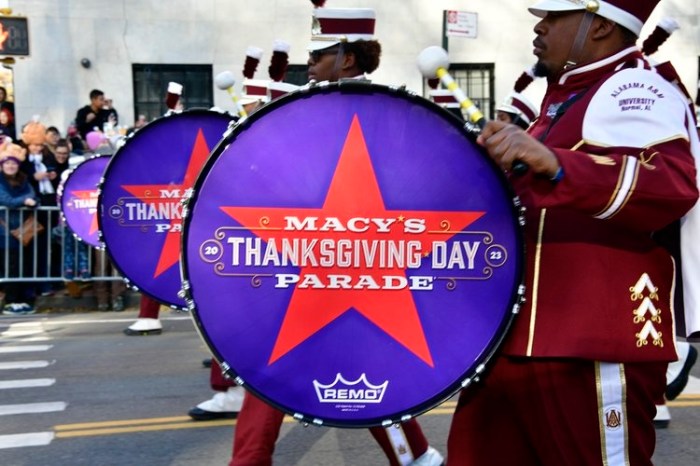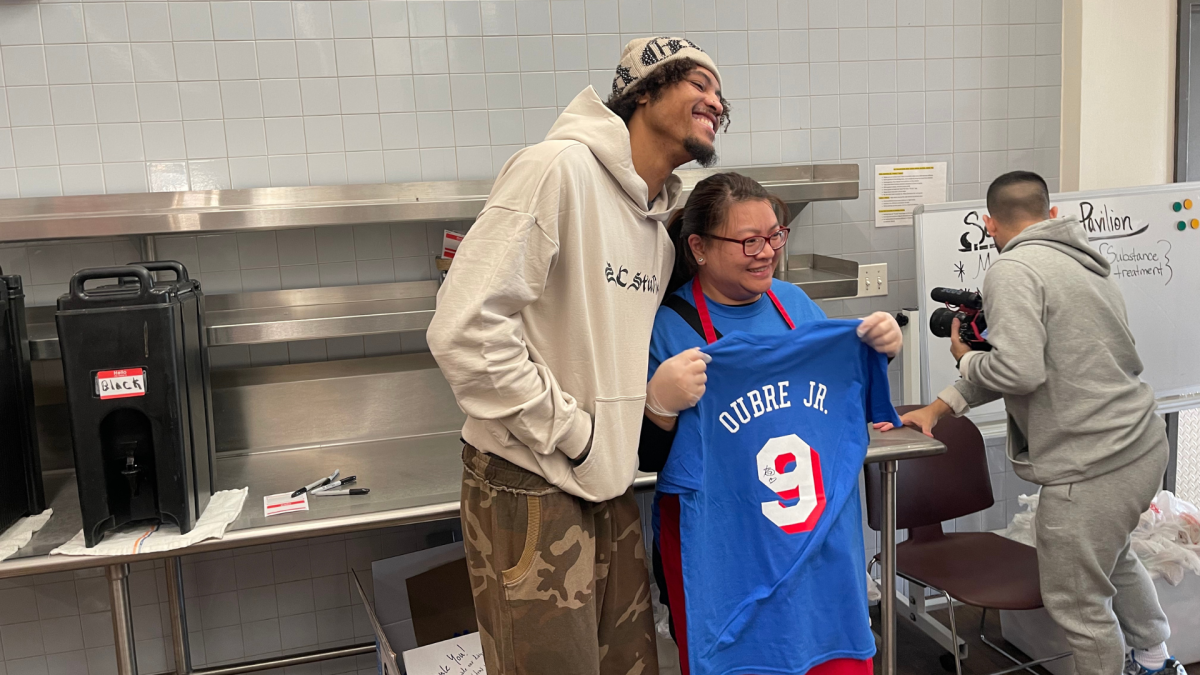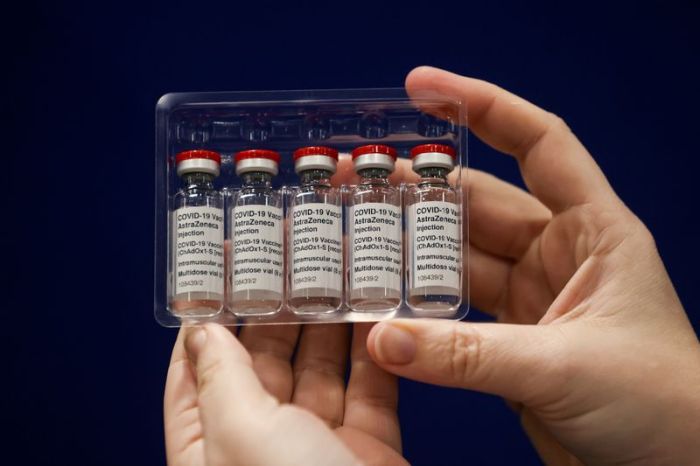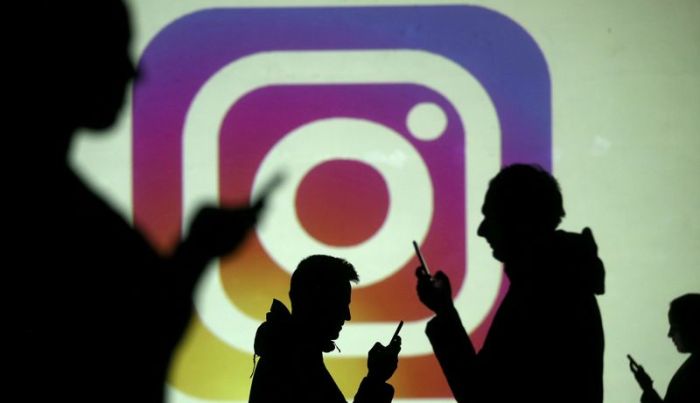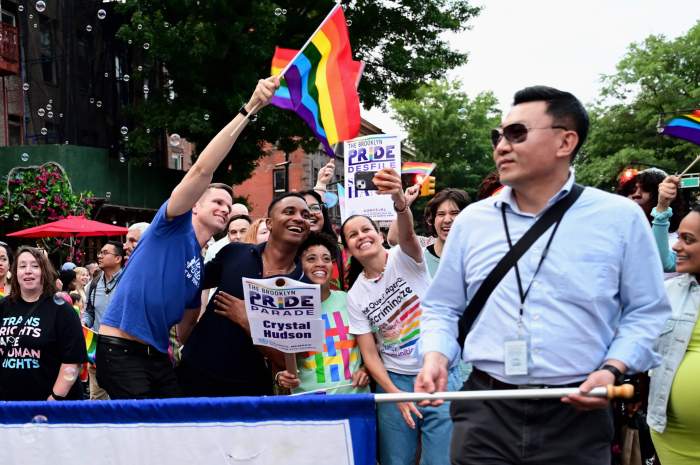TOKYO (Reuters) – Japan’s household spending fell for the first time in three months in December, in a sign consumer sentiment was weakening even before the government called a state of emergency to control a new wave of the coronavirus in the country.
The government on Tuesday extended the state of emergency in 10 areas, including Tokyo and neighbouring prefectures as well as Osaka and Kyoto in western Japan.
Household spending fell 0.6% in December compared with the same month a year earlier, official data showed on Friday. It was a slower decline than the 2.4% median forecast but the first year-on-year spending drop in three months.
For all of 2020, spending by households with at least two people fell 5.3% due to the hit from the pandemic. It was down 6.5% for all households, the worst drop since comparable data became available in 2001.
“A decline in the incomes of working people, including in bonus payments, is putting pressure on spending,” said Takeshi Minami, chief economist at Norinchukin Research Institute.
“But spending by people living off pensions, who haven’t suffered from income falls, was solid in the year-end even as coronavirus infections were spreading,” he said, adding that consumption was holding up better than he expected.
The world’s third-largest economy has rebounded from its biggest postwar slump last year, but its third and most lethal wave of coronavirus infections is raising the spectre of a prolonged period of below-par growth.
Household spending rose 0.9% in December from the previous month, although demand for transportation, clothing and festive goods typically bought before the year-end was hurt by the COVID-19 crisis.
Lower demand for services such as travel tours also weighed, as the pandemic forced the cancellation of domestic tourism promotions.
Household spending in Japan faced pressure throughout much of last year following government calls for people to work from home and put off unnecessary outings, as well as the October 2019 sales tax hike.
Huge declines were seen last year in travel-related spending, while people splurged on electronics, pasta and pre-packaged cocktails as the pandemic changed consumptions trends.
In 2020, spending on accommodation fell 43.7%, while overseas and domestic tour travel expenditure slumped 85.8% and 61.9%, respectively.
In contrast, spending on computers and TVs both grew by about 30%, while gaming software consumption rose by nearly half.
Key for Japan’s consumption recovery will be increased spending by those in their 60s who have recently retired, as they are relatively affluent, said Ayako Sera, market strategist at Sumitomo Mitsui Trust Bank.
The latest data is likely to add to worries about the hit to spending from the ongoing state of emergency in parts of the country, as policymakers seek to prevent a double-dip recession.
Data last week showed Japan’s industrial output fell at an increased pace in December as factories struggled with global lockdown measures, suggesting the country’s economic recovery was already stalling late last year.
(Reporting by Daniel Leussink; Editing by Sam Holmes)

